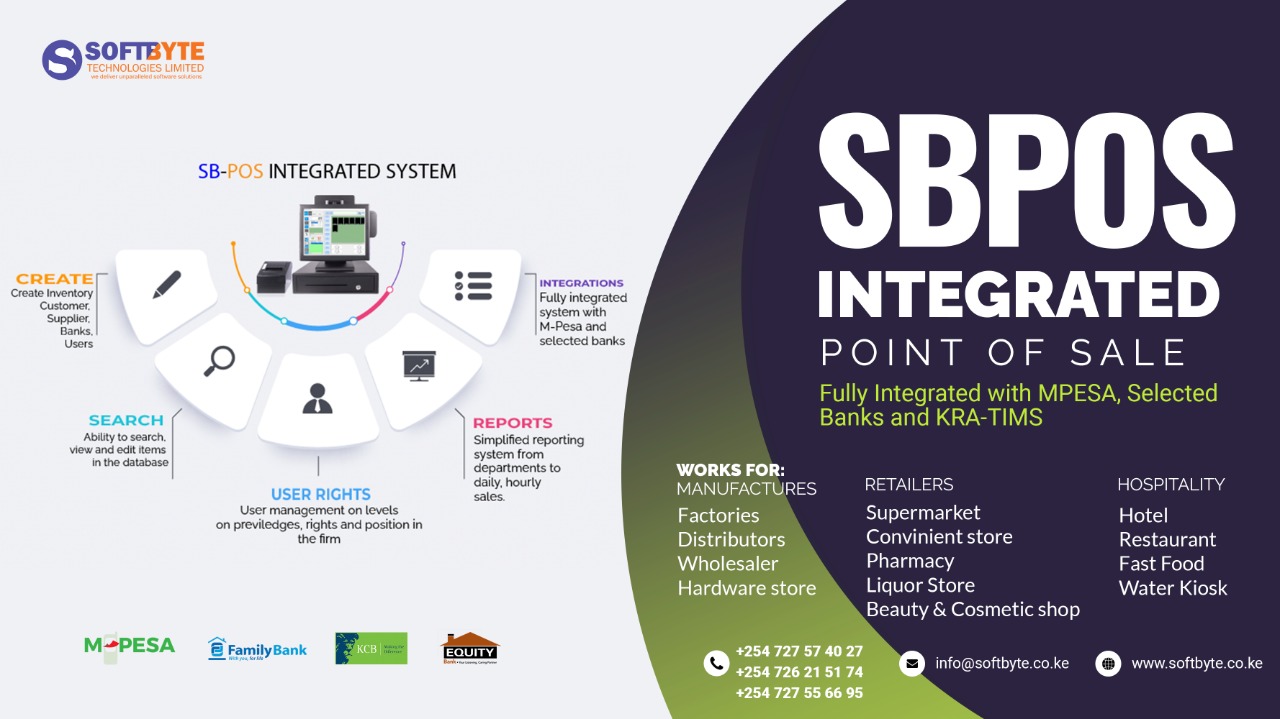
Mobile phones have become an essential part of our daily lives, especially in Kenya where mobile money transfers are prevalent. Unfortunately, scammers are also taking advantage of this convenience and using various tactics to defraud unsuspecting individuals. One common scam in Kenya involves the use of SMS editors to trick people into believing they have received money through M-Pesa.
M-Pesa is a mobile money transfer service that was launched in Kenya in 2007. It has since become a popular and convenient way for Kenyans to transfer money, pay bills, and conduct other financial transactions. However, scammers have found a way to exploit this service by using an SMS editor to send fake messages claiming that money has been sent to the victim’s M-Pesa account.
What is an SMS Editor?
An SMS editor is a mobile application that allows users to create and send text messages using a fake sender ID. This means that the recipient of the message will see a different phone number or name as the sender, which can be used to deceive them. Scammers use this technique to make it appear as if the message is coming from M-Pesa, making it more convincing to the victim.
The message sent by the scammer usually contains a fake M-Pesa transaction code and a message that the victim has received money. The message often includes a prompt to follow a link to confirm the transaction or to enter their M-Pesa PIN to complete the transaction. Once the victim follows the link or enters their PIN, the scammer gains access to their M-Pesa account and steals their money.
There have been several reported cases of scammers using SMS editors to defraud people in Kenya through M-Pesa.
In March 2021, the Communications Authority of Kenya issued an advisory warning the public of a new SMS scam where fraudsters were using SMS editors to send fake M-Pesa messages. The messages contained a fake transaction code and a message that the victim had received money, prompting them to follow a link to confirm the transaction or enter their PIN. Once the victim entered their PIN, the scammers gained access to their M-Pesa account and withdrew money.
In August 2020, a Nairobi resident lost Ksh 200,000 after receiving an SMS notification claiming he had received money on M-Pesa. The SMS contained a fake transaction code and a message that he had received Ksh 19,000. The victim followed the instructions in the message and entered his PIN, only to realize later that his M-Pesa account had been emptied.
To avoid falling victim to this scam, it is important to be cautious when receiving messages claiming that money has been sent to your M-Pesa account. Always double-check the transaction code with the sender before entering your PIN or following any links. Additionally, be wary of messages with unusual senders or those that ask for personal information.
It is also important to note that scammers are constantly evolving their techniques, and new methods of deception may emerge. Therefore, it is crucial to stay informed and vigilant, and to adopt best practices to protect oneself from fraud.







I’ve been browsing on-line more than three hours lately, yet I by no
means discovered any attention-grabbing article like yours.
It’s pretty price enough for me. In my opinion, if all website owners and bloggers
made good content as you probably did, the net will probably be much more helpful than ever before.